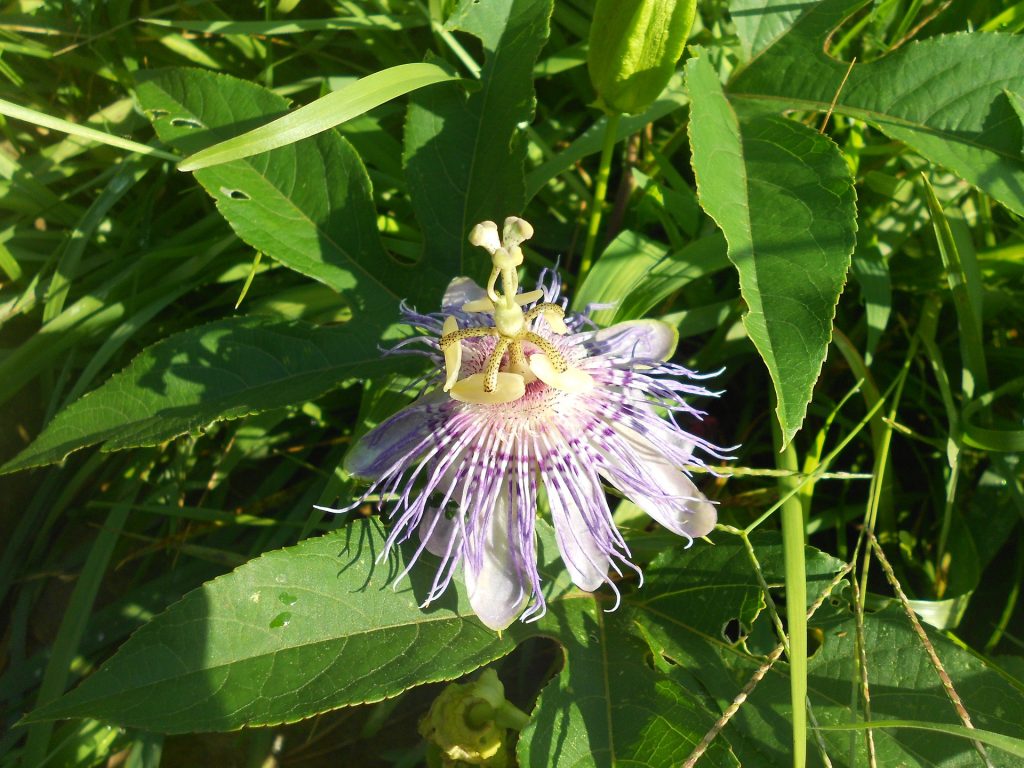 Passionflower extracts have been evidenced to have mood elevating effects in humans and animals. One explanation for this is the presence of a number of alkaloids in the tissues of the plants. These alkaloids include harmaline, harmol and harmane and their derivatives, which belong to the β-carboline group of phytochemicals. Evidence suggests that these alkaloids can directly influence neurochemistry, but at very high doses these chemicals can be toxic to animals and humans. For example, experimental evidence using animals models suggest that harmine and harmaline can cause excitation, tremors and ataxia. In contrast harmol, tetrahydro-harmane and 3-methyl-harmane causes depression of the central nervous system activity that can extend to complete paralysis. Harmane and nor-harmane at high doses also cause tremors and convulsions. The toxic symptoms of the alkaloids can in rats be attenuated by administration of the dopaminergic drug L-dopa, suggesting they modify the dopamine system in the brain.
Passionflower extracts have been evidenced to have mood elevating effects in humans and animals. One explanation for this is the presence of a number of alkaloids in the tissues of the plants. These alkaloids include harmaline, harmol and harmane and their derivatives, which belong to the β-carboline group of phytochemicals. Evidence suggests that these alkaloids can directly influence neurochemistry, but at very high doses these chemicals can be toxic to animals and humans. For example, experimental evidence using animals models suggest that harmine and harmaline can cause excitation, tremors and ataxia. In contrast harmol, tetrahydro-harmane and 3-methyl-harmane causes depression of the central nervous system activity that can extend to complete paralysis. Harmane and nor-harmane at high doses also cause tremors and convulsions. The toxic symptoms of the alkaloids can in rats be attenuated by administration of the dopaminergic drug L-dopa, suggesting they modify the dopamine system in the brain.

Passionflower has also been shown to be effective at preventing the anxiety induced by alcohol cessation. In this regard the benzoflavone moiety of the passionflower extract was at least partly responsible for this anxiolytic effect.
However, the levels of these alkaloids in passionflower is very low, and this has lead to suggestions that at the concentrations present in the plant tissue, central nervous system activity might be minimal. Other authors have therefore suggested that it might be the flavonoid component of the plant tissues that contribute to the mood elevating effects of the plants. For example, in one study researchers administered various types of passionflower extracts to mice to observe the effects. In this regard, it was observed that a benzoflavone nucleus might have been responsible for the anxiolytic effects the researchers observed in mice. Benzoflavone nuclei are possessed by flavonoids of the flavone subclass, and therefore the presence of flavones in passionflower extract may be responsible for the mood elevating effects of the herb. Therefore, both the flavonoid and alkaloid content of passionflower may be responsible for the mood elevating effects, and it is likely that other components also contribute in this regard.
Eat Well, Stay Healthy, Protect Yourself
RdB
